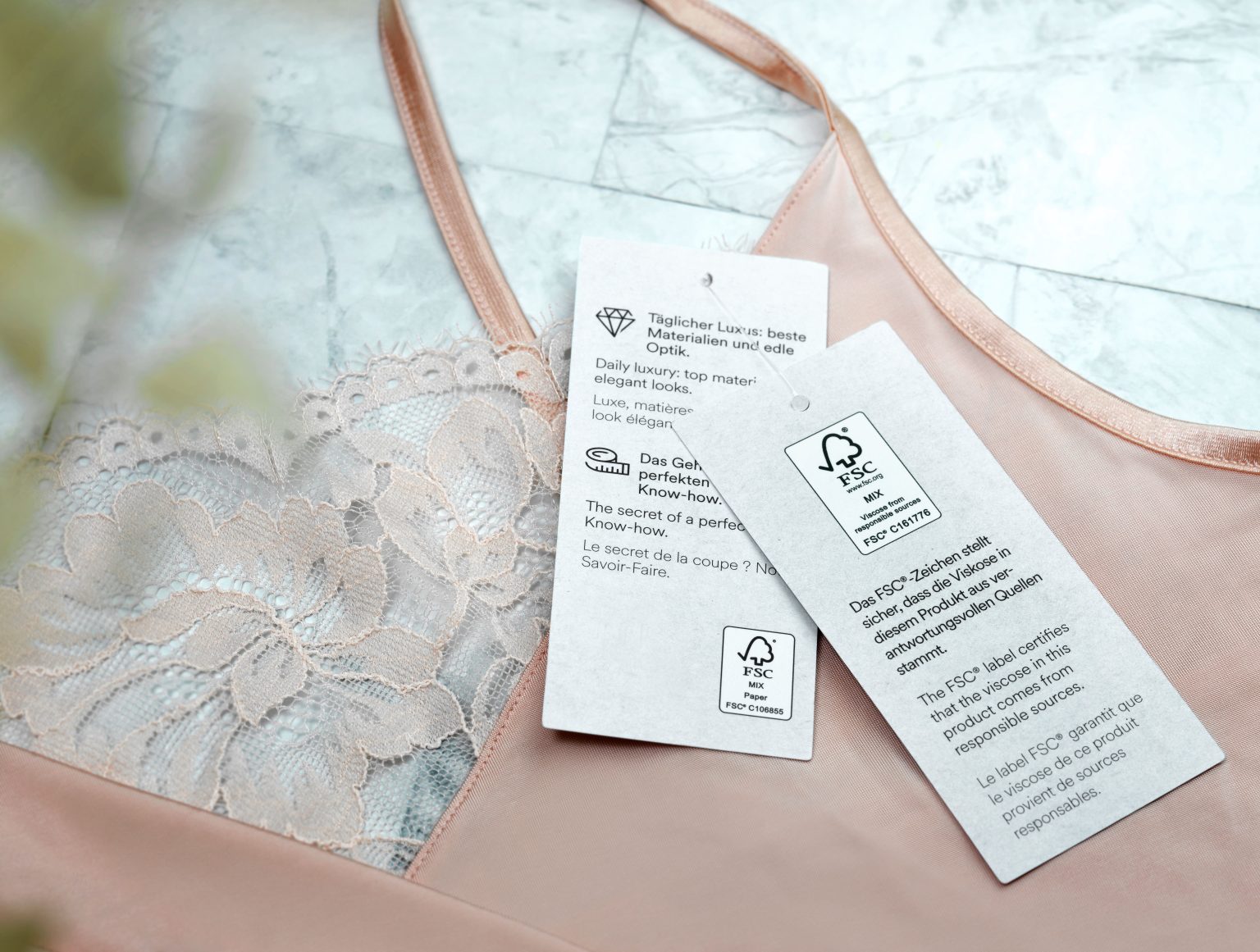New Survey Reveals Knowledge Gaps in Natural Materials
A recent survey has uncovered a significant knowledge gap among UK consumers regarding the origins of natural materials, such as cork, bamboo, and rubber. Alarmingly, only about half of respondents could accurately identify which of these materials is derived from trees. The confusion extends to textiles, where misconceptions abound about the sources of materials. For instance, more than twice as many individuals mistakenly believed that cotton, an agricultural crop, is sourced from forests, compared to those who recognized that viscose, which is primarily derived from trees, has a forestry origin. While 8% of respondents correctly identified that viscose can come from trees, the same percentage wrongly assumed that polyester, which is petroleum-based, shares this characteristic.
Sustainable Sourcing Awareness Lacking
Despite 73% of participants expressing the importance of sustainably sourced man-made cellulosic fibres, their lack of knowledge could hinder their efforts to shop sustainably. This lack of awareness could ultimately impact the market demand for sustainable products. Interestingly, while younger generations often lead in sustainability awareness and practices, they lag behind older age groups in recognizing that cork and natural rubber originate from trees. Approximately 76% of millennials seek assurance that the forest products they purchase are responsibly sourced; however, only about a third accurately identified that cork (30%) and natural rubber (34%) are sourced from trees.
Insights from the Forest Stewardship Council
Tallulah Chapman, Communications Manager at the Forest Stewardship Council (FSC) UK, who initiated the study, stated, The FSC certification has established itself as a benchmark within the wood and paper sectors making it relatively easy to find FSC-labelled products in the UK. Over the past 30 years, FSC has evolved to support more forest-dependent sectors and products, with the first FSC-certified garments beginning to enter the UK market, allowing consumers to select clothing made from viscose that supports responsible forestry.
Consumer Recognition of Certification Labels
The survey revealed that more than half of respondents actively seek certification labels when shopping for forest-based products, with 90% recognizing the FSC logo. Notably, when considering purchases of wood or paper products, more individuals recall the FSC label compared to any other certification. When presented with the FSC logo, 79% of the 1,000 participants indicated they had seen it before. This recognition highlights the effectiveness of certification labels in guiding consumers towards more sustainable purchasing choices.
Empowering Responsible Consumer Choices
For those keen to ensure their purchases whether made from wood, paper, cork, rubber, bamboo, or man-made cellulosic fibres like viscose support responsible forestry, it is essential to inquire about the materials used. Looking for credible certification labels relevant to the materials in a product, such as the FSC label for forest-based items, is an effective way to align actions with sustainable intentions.
The Path Forward for Sustainable Consumerism
In summary, addressing the knowledge gaps surrounding material sourcing is crucial for empowering consumers to make informed, sustainable choices. With an increasing awareness of environmental issues, shoppers are now seeking assurance that their purchases reflect their values. As the demand for responsibly sourced products continues to rise, educating consumers about the origins of materials will be pivotal in driving a more sustainable marketplace. By fostering an understanding of how products are made and where they come from, we can collectively work towards a greener future.
